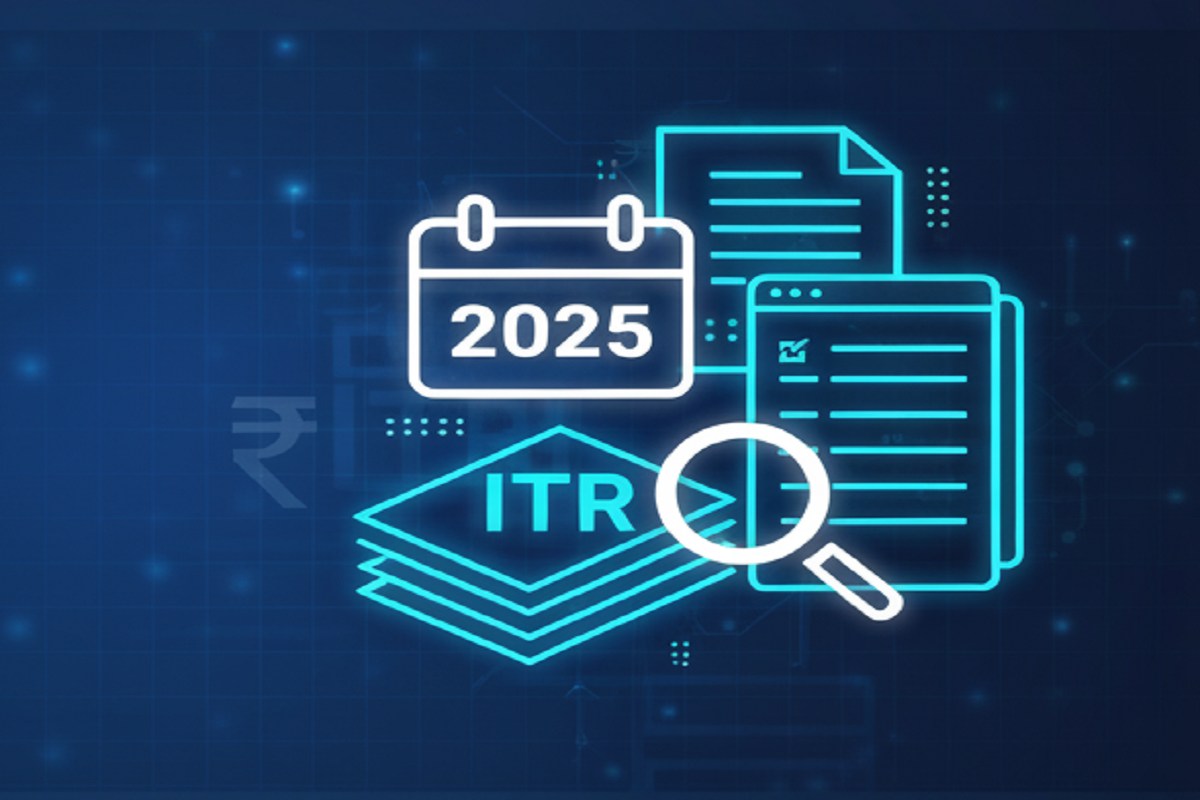The Central Board of Direct Taxes (CBDT) has extended the due date for filing income tax audit reports for the Financial Year 2024-25 (Assessment Year 2025-26) from September 30, 2025, to October 31, 2025. This extension provides significant relief to taxpayers, particularly professionals and businesses, by granting them additional time to comply with audit requirements and avoid penalties.
What Is an Income Tax Audit?
An income tax audit is a statutory requirement under Section 44AB of the Income Tax Act, 1961, for certain taxpayers whose turnover exceeds specified thresholds. The audit ensures the correctness of books of accounts and compliance with income tax laws. Taxpayers required to conduct an audit must submit the Tax Audit Report (TAR) along with their Income Tax Return (ITR). The TAR must be submitted via the e-filing portal before filing the ITR.
Who Needs to File an Income Tax Audit Report?
Taxpayers falling under Clause (a) of Explanation 2 to Sub-section (1) of Section 139 of the Income Tax Act are required to file an income tax audit report. This typically includes businesses or professionals with income exceeding specific thresholds or companies legally mandated to conduct an audit. The audit ensures the correctness of books of accounts and compliance with income tax laws.
What Is the Due Date for Filing the Income Tax Audit Report?
The due date for filing the income tax audit report for the Financial Year 2024-25 (Assessment Year 2025-26) has been extended to October 31, 2025. This extension applies to taxpayers required to conduct an audit under Section 44AB of the Income Tax Act. The extension provides additional time for taxpayers to ensure accurate and complete tax audit submissions.
What Happens If the Tax Audit Report Is Submitted After the Deadline?
Submitting the tax audit report after the due date may attract penalties under Section 271B of the Income Tax Act, which can be up to 0.5% of turnover or gross receipts, subject to a maximum of ₹1,50,000. Additionally, delayed submission can lead to disallowance of certain deductions and may complicate the return filing process.
Income Tax Audit Forms and Filing Process
Taxpayers required to conduct an audit must submit the Tax Audit Report (TAR) along with their Income Tax Return (ITR). The TAR must be submitted via the e-filing portal before filing the ITR. The relevant ITR forms for taxpayers required to conduct an audit include:
- ITR-3: For individuals and Hindu Undivided Families (HUFs) having income from a profession or business.
- ITR-5: For firms, LLPs, and other similar entities.
- ITR-6: For companies other than those claiming exemption under section 11.
The Income Tax Department provides these forms on its official website. Taxpayers should ensure they download the correct form corresponding to their category and comply with the filing requirements.
FAQs
The minimum turnover for income tax audit under Section 44AB is ₹1 crore for businesses and ₹50 lakh for professionals.
The purpose of an income tax audit is to ensure the correctness of books of accounts and compliance with income tax laws, providing transparency and accountability in financial reporting.
The Income Tax Return forms can be downloaded from the official Income Tax Department website. Ensure to select the correct form corresponding to your category and financial year.
The extension of the income tax audit report filing deadline to October 31, 2025, provides taxpayers with additional time to comply with audit requirements and avoid penalties. It is advisable for taxpayers to complete the audit process promptly and file the necessary reports within the extended deadline to ensure compliance with tax laws.









